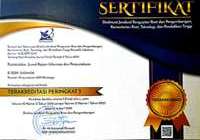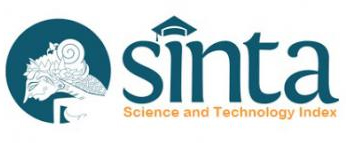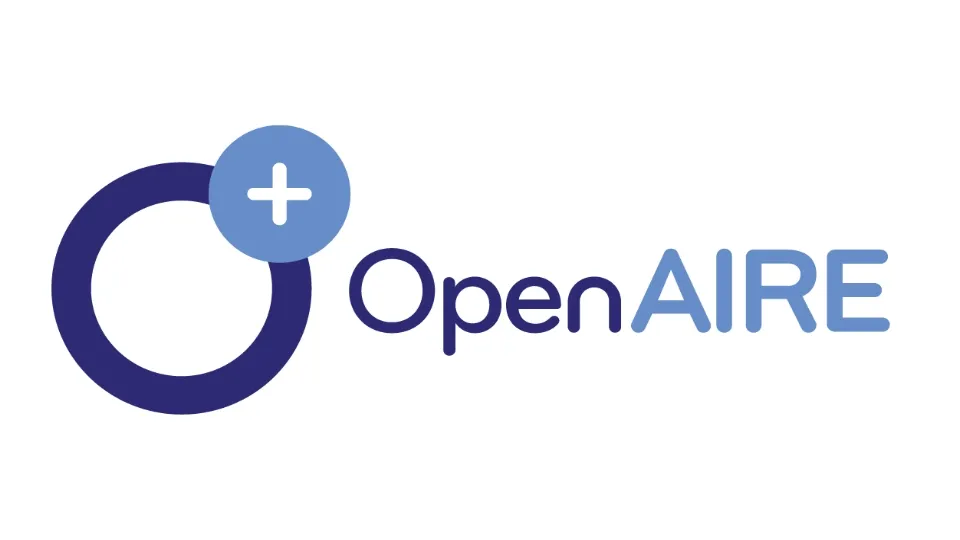Literasi Informasi Ditinjau Dari Perspektif Generasi Z Di Kota Bandung
DOI:
https://doi.org/10.21154/pustakaloka.v14i2.4957Keywords:
Literasi Informasi, Generasi Z, Kota Bandung, Kemampuan LiterasiAbstract
Penelitian ini bertujuan untuk mengetahui cara-cara yang efektif dalam meningkatkan kemampuan literasi informasi yang dilihat melalui perspektif Generasi Z di Kota Bandung. Adapun metode penelitian yang digunakan adalah deskriptif kualitatif. Dengan teknik pengambilan data melalui studi literatur dan kuesioner yang berupa online survey berdasarkan prinsip non-probability sampling, khususnya yakni gabungan dari voluntary sampling dan purposive sampling. Responden berjumlah sebanyak 12 orang dan dikategorikan sebagai Generasi Z yang berdomisili di Kota Bandung. Hasil dari penelitian ini ialah ditemukannya 7 cara dalam meningkatkan kemampuan literasi informasi (1) mencari sumber informasi yang terpercaya, (2) melakukan verifikasi terhadap sumber informasi, (3) membaca informasi secara utuh, (4) menganalisis informasi secara teliti, kritis, dan logis, (5) mencari sumber informasi tambahan, (6) membandingkan seluruh sumber informasi yang didapat, dan (7) bertanggung jawab terhadap penyebaran informasi. Terdapat pula temuan lain yang menunjukkan bahwa hampir seluruh responden cenderung lebih sering menggunakan dan menyenangi informasi dalam bentuk digital, dibandingkan dengan informasi yang berasal dari media-media yang bersifat konvensional.
Downloads
Published
Issue
Section
License
Requirements to be met by the author as follows:
- Author storing copyright and grant the journal right of first publication manuscripts simultaneously with licensed under the Creative Commons Attribution License that allows others to share the work with a statement of the work's authorship and initial publication in this journal.
Authors can enter into the preparation of additional contractual separately for non-exclusive distribution of a rich version of the journal issue (eg: post it to an institutional repository or publish it in a book), with the recognition of initial publication in this journal.
Authors are allowed and encouraged to post their work online (eg, in institutional repositories or on their website) prior to and during the submission process, because it can lead to productive exchanges, as well as citations earlier and more severe than published works. (see The Effect of Open Access).















